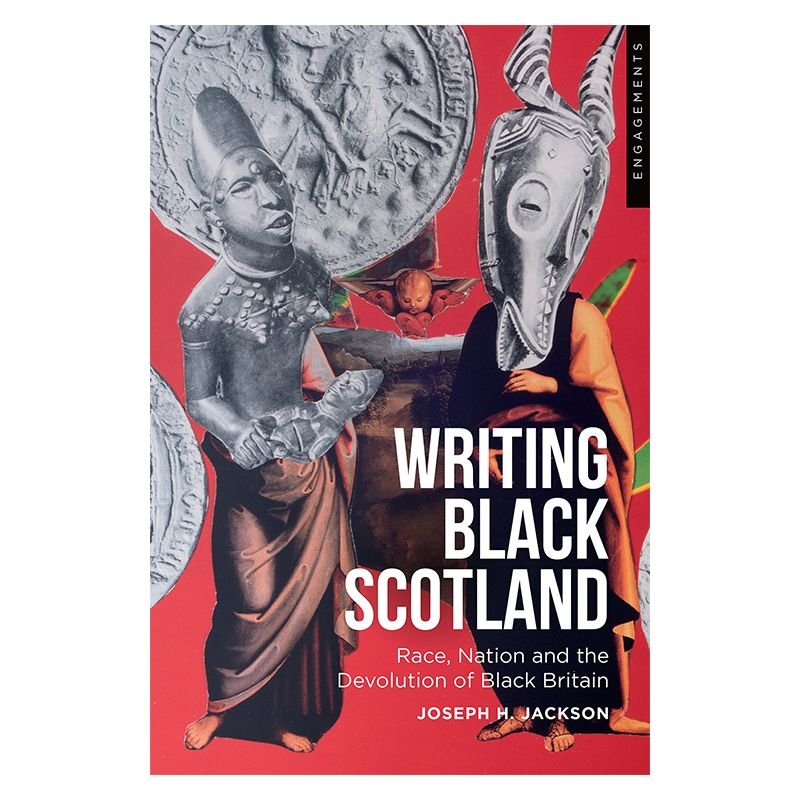By Ira P. Robbins
I begin with a mea culpa. In 2016, I published an article about citizen’s arrest. The idea for the article arose in 2014, when a disgruntled Virginia citizen attempted to arrest a law school professor while class was in progress.2I set out to research and write a “traditional” law review article. In it, I traced the origins of the doctrine of citizen’s arrest to medieval England, imposing a positive duty on citizens to assist the King in seeking out suspected offenders and detaining themI observed that the need for citizen’s arrest lessened with the development of organized and widespread law-enforcement entities. I surveyed developments across the United States and highlighted numerous problems with the doctrine that led to confusion and abuse. I concluded by recommending abolition of the doctrine in most instances and proposed a model statute to address appropriate applications of citizen’s arrest. But I did not discuss race. Indeed, I did not even use that word in the entire forty-three-page article. It’s not that I had intentionally ignored the issue. Rather, I was wearing blinders and failed to consider the bigger picture. Until three men killed Ahmaud Arbery in Brunswick, Georgia on February 23, 2020. Standing in his front yard, Gregory McMichael spotted Arbery, a twenty-five year-old Black man, jogging through the Satilla Shores neighborhood. There had been a recent string of break-ins in the area and, according to the police report, McMichael thought that Arbery matched the suspect’s description. McMichael quickly called to his son, Travis McMichael, proceeding to grab a shotgun and a .357 Magnum handgun as the men chased Arbery down in a pick-up truck. Their neighbor, William Bryan, also joined in the chase. The three white men quickly cornered Arbery; the encounter turned deadly in a matter of minutes. After a string of prosecutorial recusals, the three were charged with one count of malice murder, four counts of felony murder, two counts of aggravated assault, one count of false imprisonment, and one count of criminal attempt to commit false imprisonment. In a Pre-Hearing Memorandum, Bryan’s attorney argued that “[t]he law provides no right to resist a legal arrest.” The Memorandum, however, did not clearly identify what a legal arrest was. At trial, defense attorneys for the McMichaels argued that Georgia’s Civil War-era citizen’s arrest law gave his clients a duty to protect their neighborhood from so-called criminal activity. Under the now-repealed statute, a “private person” was permitted to arrest a fellow citizen if the individual had committed a felony and was trying to escape, even if the arrestor had only “probable grounds of suspicion.” In November 2021, a jury found the defendants guilty of murder, among other counts. In January 2022, the judge sentenced them to life in prison. In addition to the state charges, in February 2022, a jury found the three men guilty of federal hate crimes. Evidence at that trial revealed that the defendants held strong racist beliefs that led them to make assumptions and decisions about Ahmaud Arbery that they would not have made if Arbery had been white. Witnesses testified to numerous comments made by the men, including offensive social media posts that included racial slurs. The jury ultimately concluded that race formed a but-for cause of the defendant’s actions, meaning that the three men would not have chased down a Black man whom they assumed, without evidence, was a criminal.
Washington: American University of Washington College of Law, 2022. 19p.




